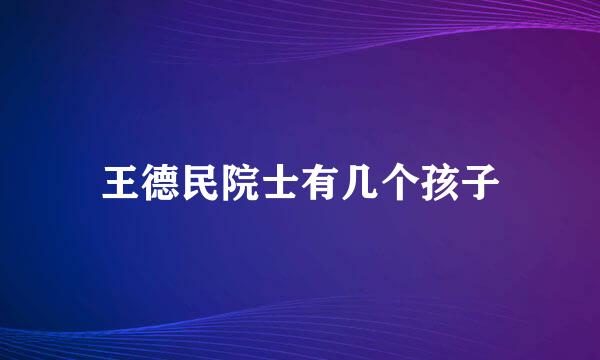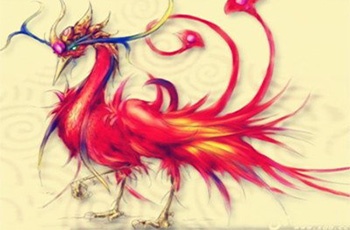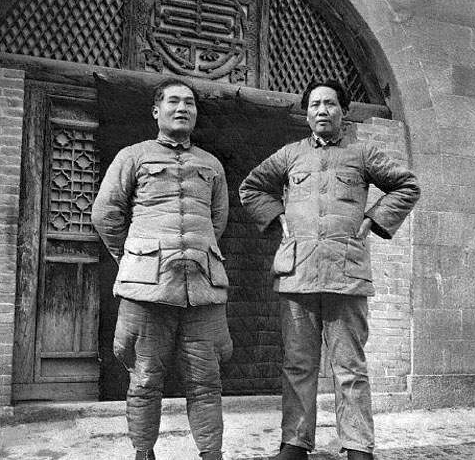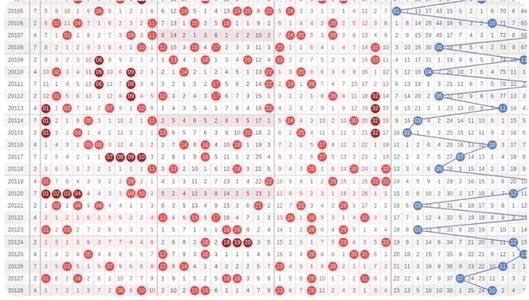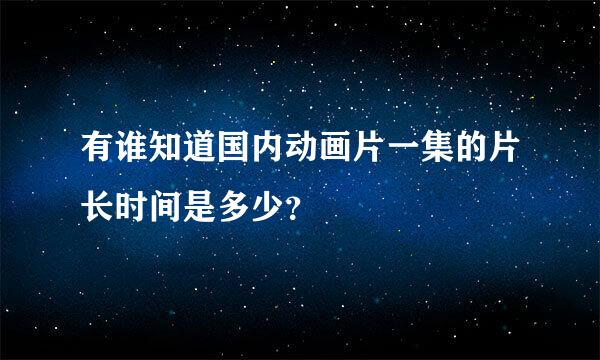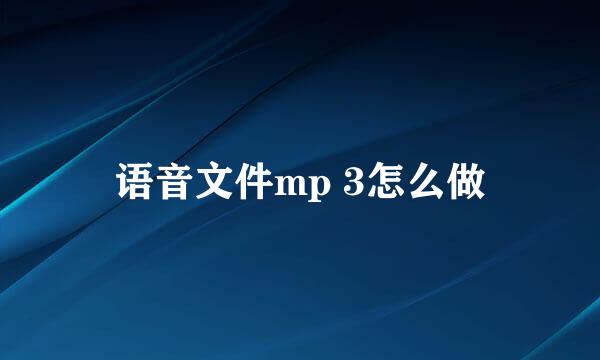
惊喜最常见的英语单词是:surprise
音标:美 [sərˈpraɪz] 英戚槐 [sə(r)ˈpraɪz]
释义:
n.惊讶;惊奇;意外;意想不到(或突然)的事
v.使惊奇;使诧异;使感到意外;出其不意地攻击
adj.出乎意料的;令人惊奇的
变形:变形复数:surprises;现在分词:surprising;过去式:surprised
同义词:amaze, astonish, astound, startle, stun
常见短语:
be surprised at sth 对某事感到惊讶
be surprised to do sth 做某事而感到惊讶
to one's surprise 使某人吃惊的是……
in surprise 惊讶地
a surprising look 一个令人吃惊的表情
be surprised about 对听到…感到吃惊
surprise sth from sb 出其不意地使某人说出某事
surprise的用法:
surprise是及物动词,其宾语常是人称代词。接名词、代词或以现在分词充当补足语的复合宾语。surprise后接介词at表示“对…感到惊讶”; 后接介词from表示“出其不意使…说了”; 后接介词,into表示“出其不意地使人…”; 后接介词with表示“以…使(某人)惊奇”。
surprise的现在分词和过去分旅空词都可用作形容词,在句中作表语或定语。surprise的现在分词作表语时含主动意义,主语一般是物。常采用以it作形式主语的结构,其真正主语由that引出。surprise的过去分词作表语时含被动意义,主语一般是人,后接由介词at引导的短语、动词不定式或that/wh-从句,表示“对…感到惊奇”。
surprise表示“惊奇,惊讶”,用作不可数名词; 表示“令人吃惊的事物”,用作可数名词。surprise在句中还可用作定语。
双语例句:
1.Sue screamed, not loudly, more in surprise than terror.
休尖叫起来,声音不大,吃惊多于恐惧。
2. She looked as if the photographer had caught her by surprise.
看上去,她好像被摄影师搞了个猝不及防。
3. The surprise twists in the storyline are the film's greatest strength.
该影片最精彩之处就是剧情的曲折离奇。
4. Surprise a new neighbour with one of your favourite home-made dishes.
做一道拿手的家常小菜,给你的新邻居一个惊喜。
5. When you venture outside, you are in for a surprise.
你外出探险时,定会遇高镇友上意想不到之事。
标签:惊喜,英文

